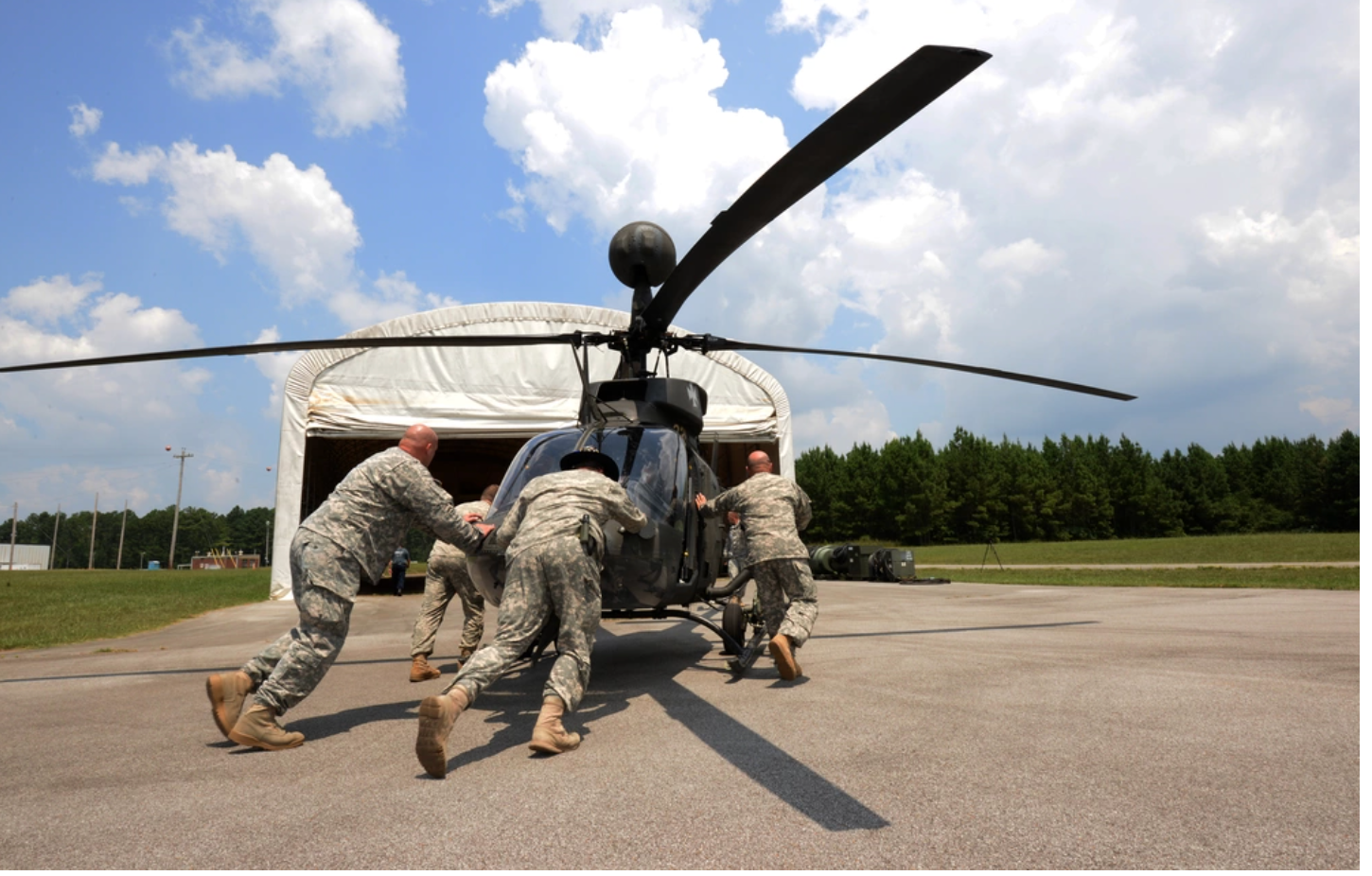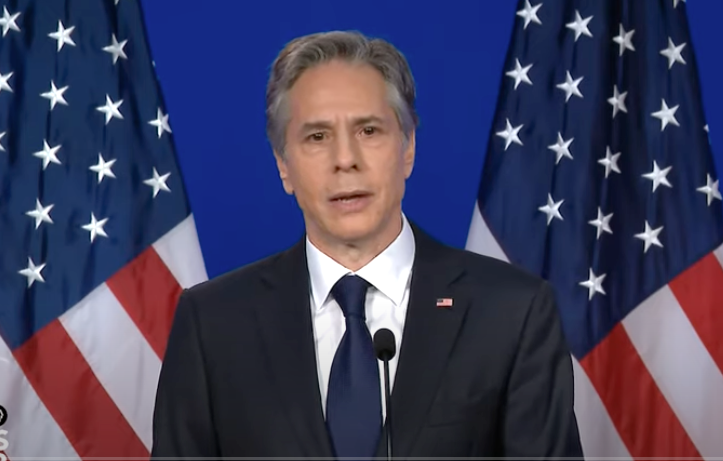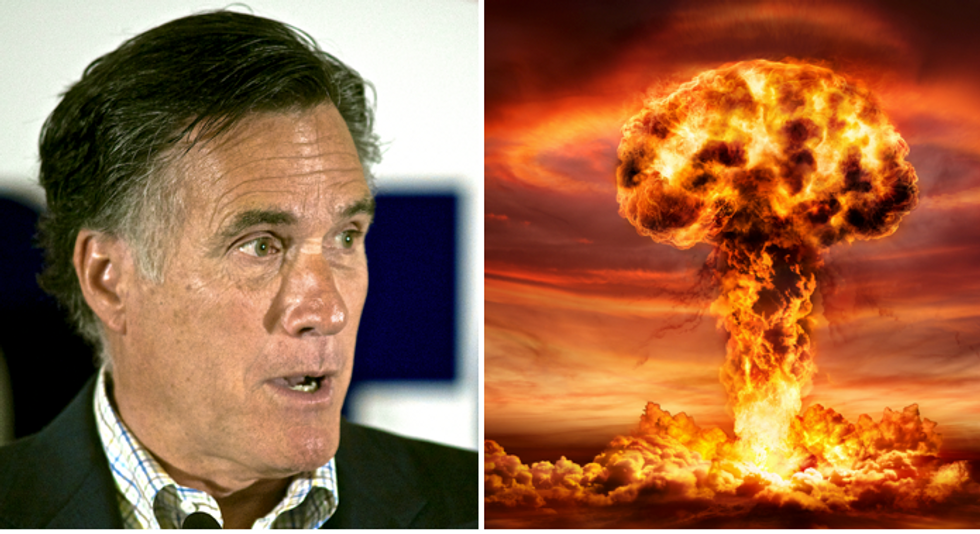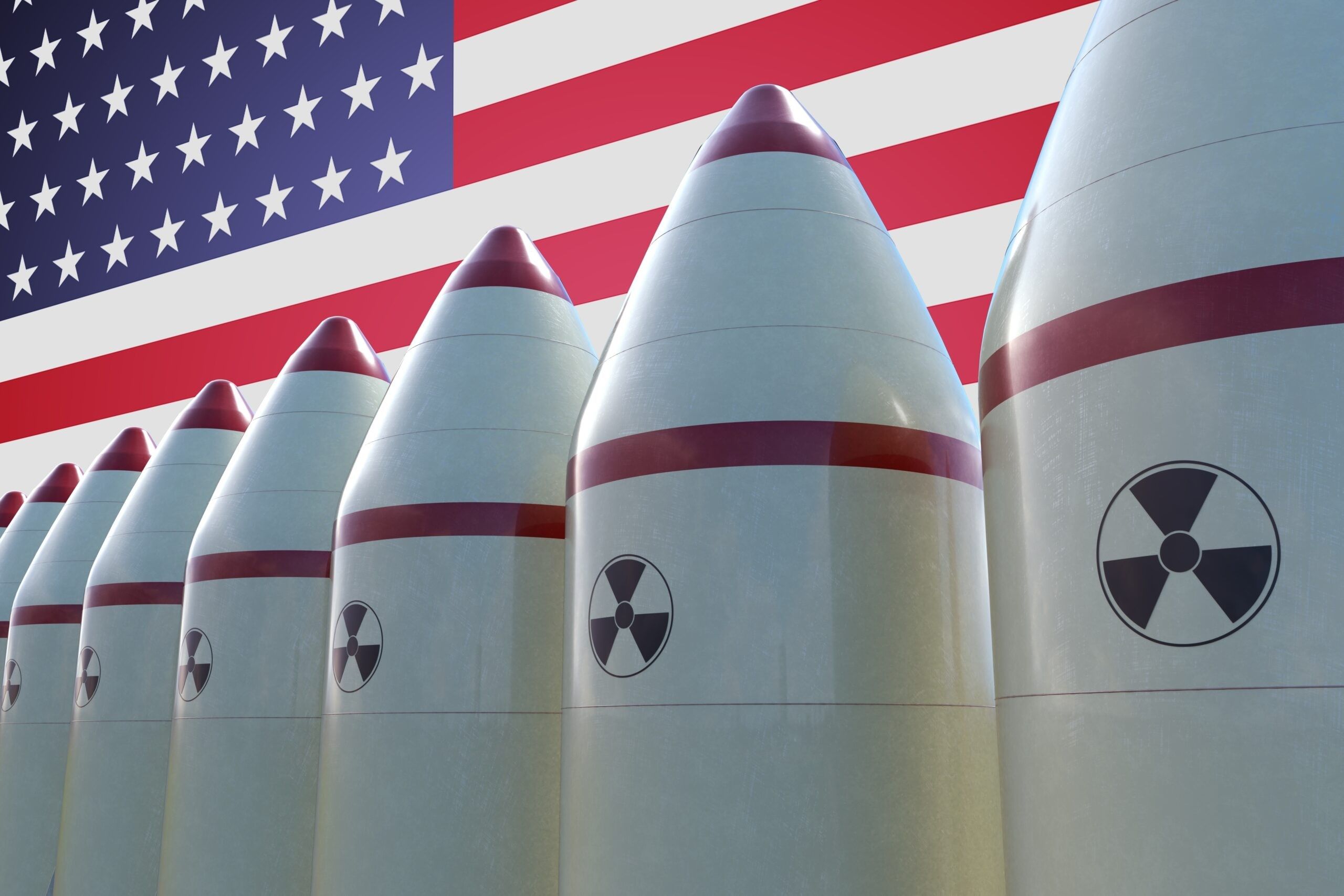US special forces in Kyiv: Much ado about nothing?
Earlier this week, the Wall Street Journal reported that the Biden administration is considering sending special forces to guard the U.S. Embassy in Kyiv as a skeleton crew of diplomats return to work. Is this the first step towards deploying U.S. troops into direct combat in Ukraine, or a genuine attempt at securing a continued diplomatic mission?
Today Senator Tom Cotton questioned General Christopher Cavoli, nominee to continue as Commander of U.S. European Command and Supreme Allied Commander, on that very issue. But Cavoli declined to comment on the possibility of using special forces to guard the embassy, but added that no U.S. Marines are currently doing the job.
So who usually protects U.S. diplomats?
U.S. diplomatic missions around the world are typically guarded by U.S. Marine Security Guards (MSGs) and that program is overseen by the director of the State Department’s Diplomatic Security Service (DSS). In 2012, terrorist-aligned militias attacked the State Department’s Temporary Mission Facility in Benghazi Libya, killing Ambassador Christopher Stevens, State Department officer Sean Smith, and CIA contractors Tyrone Woods and Glen Doherty. This led to the creation of the Marine Security Guard Security Augmentation Unit to supplement MSGs during high risk periods.
U.S. diplomats reopened the U.S. Embassy in Kyiv on May 8 after leaving prior to Russia’s invasion of Ukraine in late February. The Wall Street Journal originally reported that members of the Joint Special Operations Command accompanied U.S. diplomats to Kyiv, but then later corrected that reporting as inaccurate. The question of embassy security remains open and unclear. When asked about it on May 19, Pentagon Press Secretary John Kirby pointed journalists to the State Department. “[T]his is a better question put to the State Department, they are in charge of security for —or determining what security footprint they want and obviously if the United States military can assist,” said Kirby.
Why consider special forces?
Prior to Russia’s full scale invasion of Ukraine it was commonplace for U.S. soldiers and other NATO members, such as the United Kingdom, to conduct training with the Ukrainian military inside Ukraine. After the invasion, those training missions moved to other European countries. But using special forces to guard the U.S. Embassy in Kyiv as a replacement or supplement to U.S. Marines may offer several advantages. First, it would delegate security to highly experienced soldiers at a time when unique threats may exist and an error in judgment could raise already high tensions between Moscow and Washington. Second, special forces may be better positioned to engage in exfiltration and evacuations operations should diplomatic staff, U.S. citizens, or foreign partners need to be removed from Ukraine on short notice. Back in January, the State Department had warned U.S. citizens that there would be no capacity to evacuate them.
But the Wall Street Journal reported that, “U.S. officials envision a larger presence for the U.S. to administer the tens of billions of dollars of weaponry…[a]nd some U.S. military officials would like to return to Ukraine the special forces and other troops that were conducting train-and-advise operations for the Ukrainian military.” In a wartime environment such a mission would extend far beyond embassy security or even the status quo of train-and-advise.
Without Marines present at the U.S. Embassy in Kyiv it is unclear who is safeguarding the U.S. diplomats serving there. Maintaining a working embassy in Ukraine’s capital is important for U.S. diplomacy and for the Ukrainian people. It is also true that U.S. diplomats require security. Using special forces to provide this security may offer benefits given the unique circumstances in which a relatively unfortified U.S. embassy is smack dab in the middle of an active warzone. Their presence may even prevent an escalation so long as their mission is narrowly defined. But an unclear mission or one that expands beyond diplomatic security could place U.S. diplomats in harm’s way.

If history is any guide, these military surplus transfers demand more careful consideration than they are getting.

The Secretary’s remarks were a rehash of old statements and the usual mixed messages about US competition with Beijing.

After reading his latest on Ukraine, I’m grateful his bid for president fell short. He lacks basic qualities for the job, like common sense.

We know the thousands of deployed weapons on both sides have virtually no marginal utility. Time to get serious about drawing down.
"about" - Google News
May 27, 2022 at 02:00PM
https://ift.tt/F6OGWa8
US special forces in Kyiv: Much ado about nothing? - Responsible Statecraft
"about" - Google News
https://ift.tt/kgTABib
Bagikan Berita Ini














0 Response to "US special forces in Kyiv: Much ado about nothing? - Responsible Statecraft"
Post a Comment